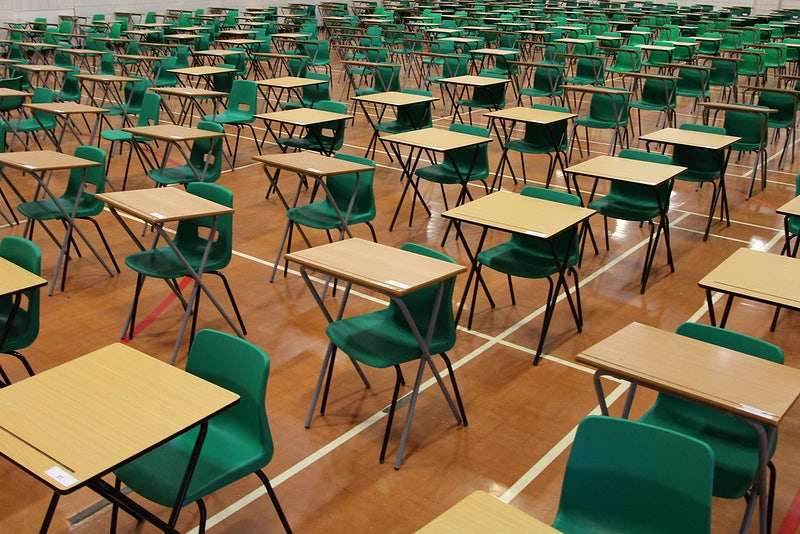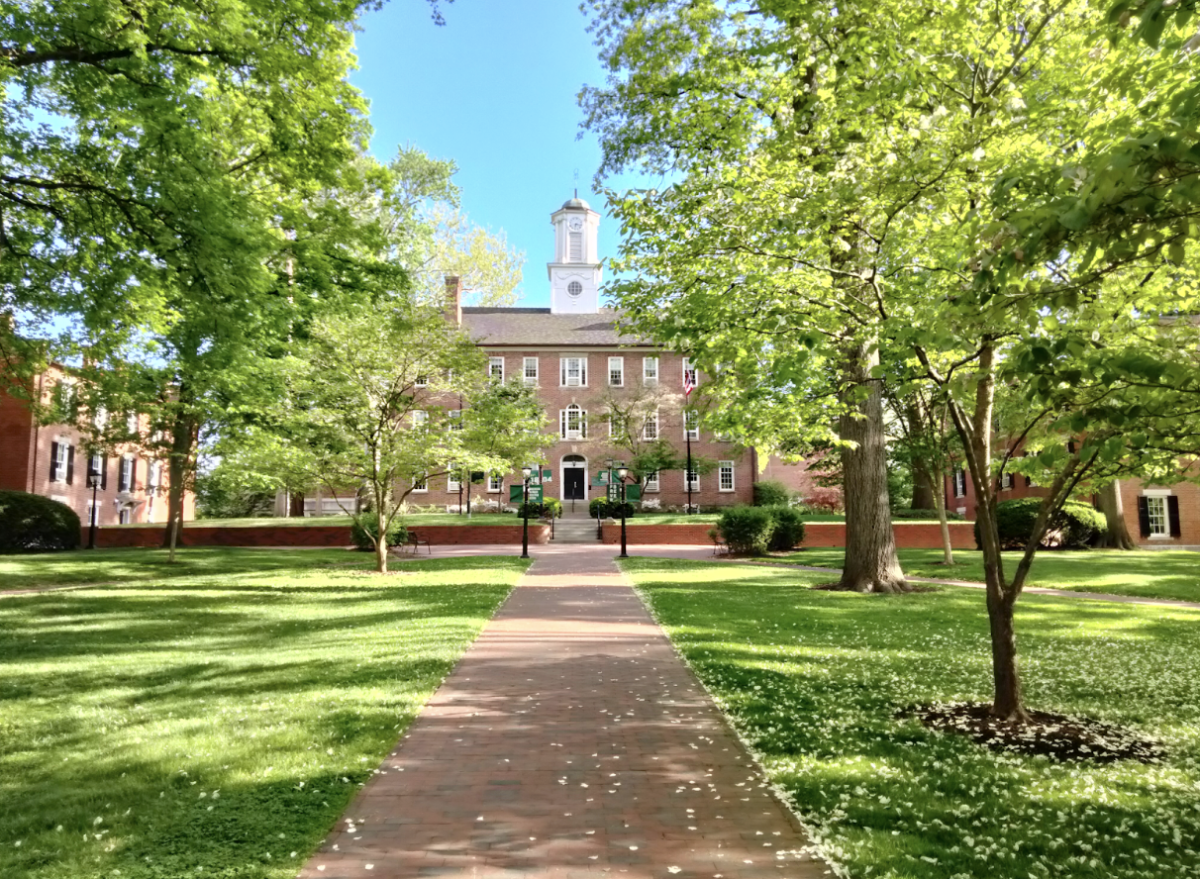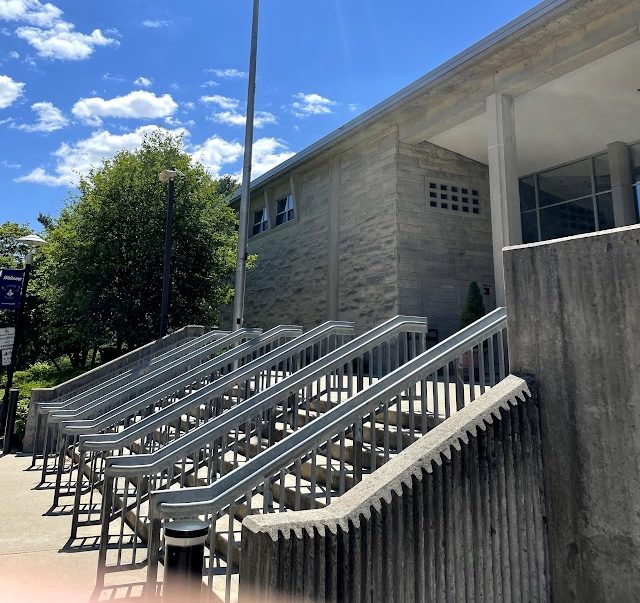Students around the U.S. are facing high academic expectations in the hopes of attending college. According to the Harvard article Taming the Admissions Anxiety psychologist Richard Weissbourd states, “debilitating academic and social pressure is fueling a public health crisis of anxiety in high achieving schools.” The question arises: how are students supposed to handle academic pressure? With higher expectations and little free time, teens’ mental health is declining. According to The National Library of Medicine, “academic pressure refers to the tension, discomfort, and other emotions caused by the pressure from school, family, and society in the learning process.” Students who have successfully achieved high academic performance feel pressure from their teachers to meet their expectations whereas, students with low academic performance are prone to feelings of inferiority.
In an interview done by PBS, Yale professor Suniya Luthar stated that the increasing rates of substance abuse, anxiety, and depression are linked to “living in a subculture of competitiveness,” most commonly seen in high-achieving schools. A 16-year-old student named Christina Zhang shared that she felt “a pressure, a culture, to keep taking AP classes even if they are not necessarily the classes you are interested in.” When students constantly think about school, that leaves minimal leisure time, Zhang adds, “It’s hard for me and a lot of my friends to even think about spending a lot of time on something that doesn’t have to do with college.” Students prioritize school over their mental health, causing issues they may not even be aware of.
With increasing academic pressure, teens are prone to feelings of stress and anxiety. According to a survey by NYU, “nearly half of all students reported feeling a great deal of stress on a daily basis.” Additionally, females had higher stress levels than males, 60% to 41%, but “grades, homework, and preparing for college were the greatest sources of stress for both genders.” Students’ rising stress levels can be attributed to the demands of parents and schools. Students are expected to take rigorous college-level classes, extracurricular activities, and have entrepreneurial or community service opportunities. Parents’ rising demands can create a toxic cycle due to societal expectations. Students felt they had to work as hard as adults with minimal time for creativity and relaxation. Students can cope with pressure in positive ways, such as exercising, planning ahead, or having a more positive mindset. On the contrary, students also procrastinate, avoid their problems, and abuse substances.
But how can students stress less? What should students do? What should parents do? Firstly, parents should convey that they are proud of their children not based upon external achievements but because they are themselves. Parents should encourage their children to determine what drives them and how they want to contribute to the world. Finally, parents should encourage collaboration and not view peers solely as competition. Students should be encouraged to take classes based on what they like and expand on activities they enjoy doing. High school students nationwide are pressured to succeed and become the best, but the detrimental effects, such as anxiety and depression, outweigh the benefits of high academic performance. How much are students and societies willing to sacrifice for academic approval?



![[Charlie Kirk] by [Gage Skidmore] is licensed under [CC BY-SA 2.0].](https://flhsprospect.com/wp-content/uploads/2025/09/charlie-kirk-article-1200x800.jpg)










![[Shark Fin Soup] by [Harmon] is licensed under [CC BY-ND 2.0]](https://flhsprospect.com/wp-content/uploads/2025/04/Screenshot-2025-04-24-8.24.37-AM.png)